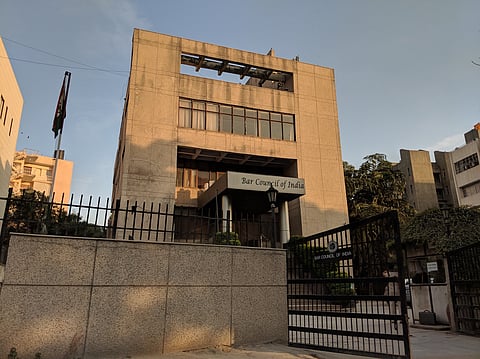
- News
- Columns
- Interviews
- Law Firms
- Apprentice Lawyer
- Legal Jobs
- हिंदी
- ಕನ್ನಡ

The Bar Council of India (BCI) has filed its rejoinder affidavit in response to the counter affidavits filed by various foreign law firms in the case pertaining to the entry of foreign lawyers and law firms into India.